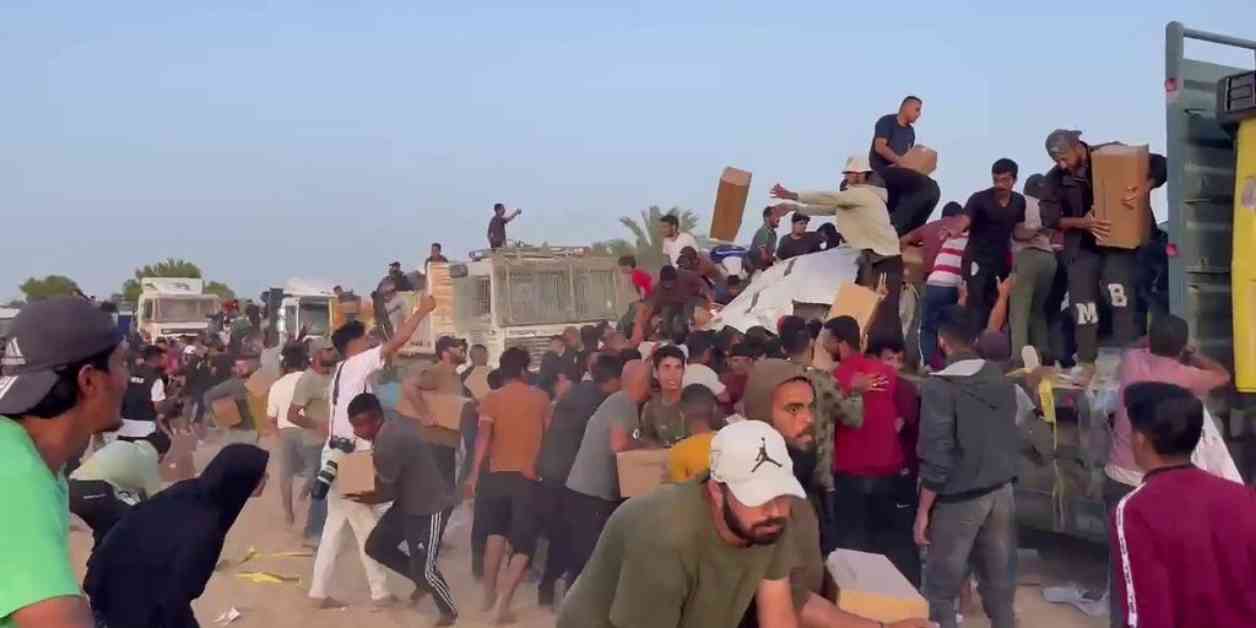The cost of cigarettes in Gaza has led to a rise in cigarette smuggling, posing a threat to aid deliveries, as per a recent report from the Wall Street Journal. With cigarettes being sold for as much as $25 each in the region, gangs have resorted to smuggling them alongside aid shipments. Last week, a group of Palestinian men even demanded access to a U.N. warehouse to obtain a stash of cigarettes they knew was inside.
This illicit operation has added to the risks faced by aid convoys in Gaza, which have already encountered challenges such as mobs of Palestinians halting their progress. The closure of the Rafah crossing by Israeli forces in early May disrupted the flow of tobacco products into Gaza, prompting a surge in demand for cigarettes. Opportunistic individuals began smuggling cigarettes into the region disguised as part of aid packages arriving at U.N. facilities from various countries.
The escalating dangers have led aid organizations to refrain from making deliveries beyond the Gaza border. Reportedly, over 1,000 truckloads of aid are stranded at the Kerem Shalom crossing with Israel, just within Gazan territory. A U.N. official expressed concern, stating, “This is threatening to undermine everything we’re trying to do.”
In an attempt to facilitate aid delivery, President Biden’s administration constructed a temporary pier on the Gaza coast last month. However, adverse weather conditions quickly rendered the pier inoperable. Subsequently, the U.N. announced a suspension of food distribution at the pier due to security apprehensions. Despite the U.S. investing approximately $320 million in building the structure, rocket attacks on warehouses holding aid supplies in early June further disrupted the delivery process.
The Biden administration has affirmed its commitment to maintaining the pier moving forward. However, the challenges posed by cigarette smuggling highlight the complexities involved in providing humanitarian aid in conflict-affected regions. Efforts to ensure the safe and efficient delivery of essential supplies to those in need continue to be hindered by various factors, underscoring the importance of addressing smuggling activities and enhancing security measures in aid operations.


















